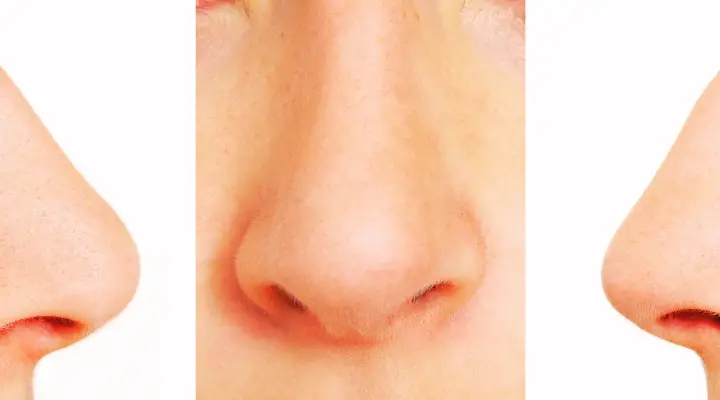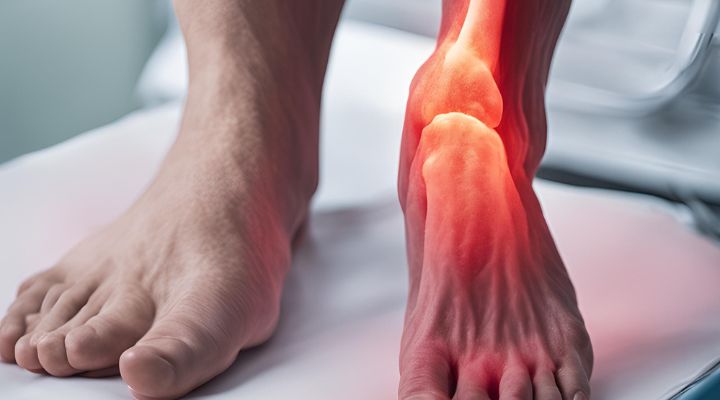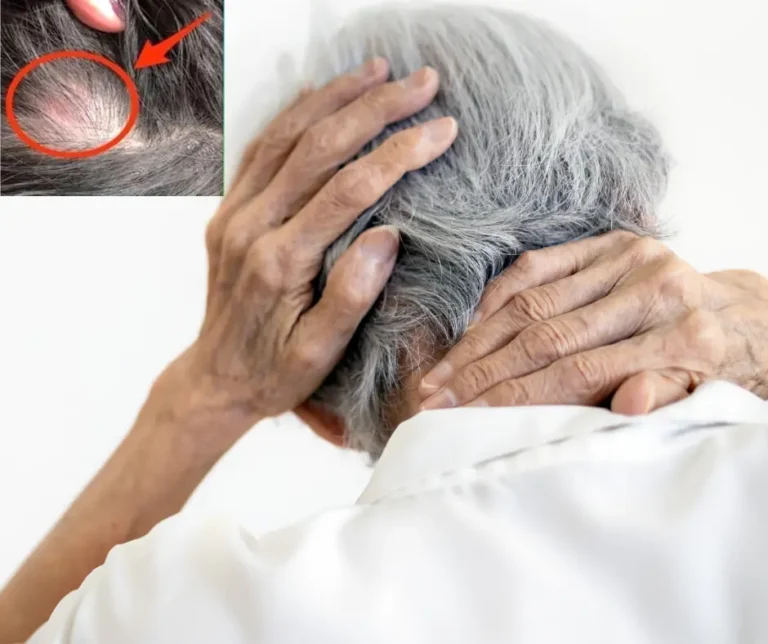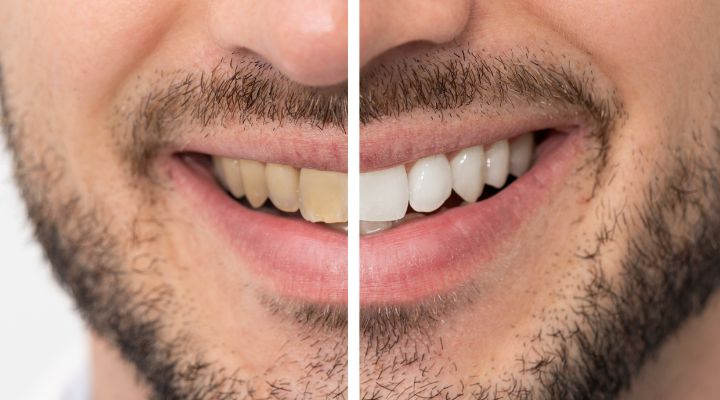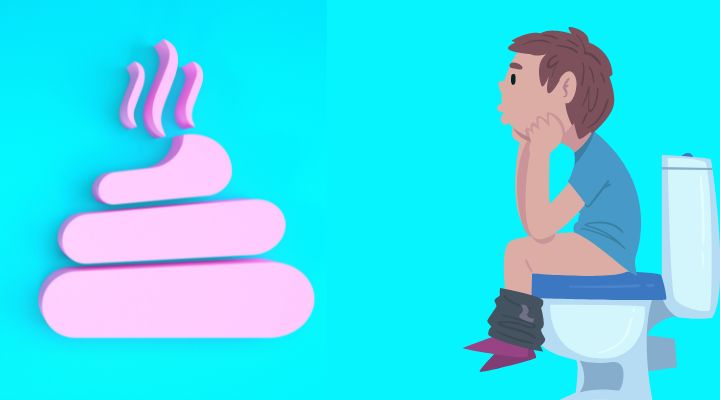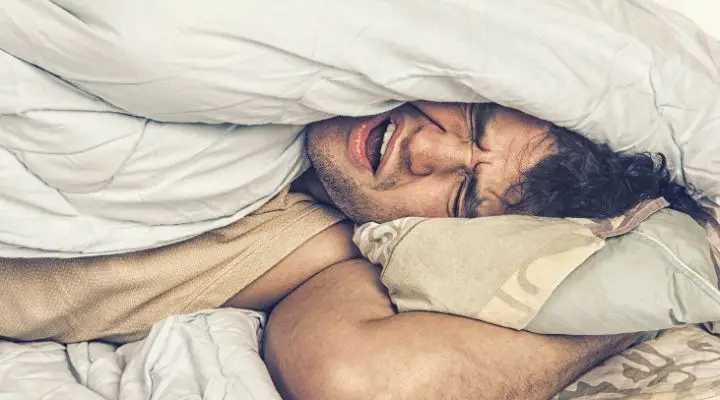
Brain Activity During Sleep Transition
During the transition from wakefulness to sleep, the body undergoes several changes. As the brain shifts from a state of alertness to relaxation, there may be temporary disruptions in muscle control, leading to hypnic jerks. These involuntary movements are believed to be a natural part of the sleep onset process.
Causes of Hypnic Jerk
Stress and Anxiety
One common cause of hypnic jerks is stress and anxiety. High levels of stress can trigger heightened muscle tension, making it more likely for the body to experience sudden muscle contractions during sleep onset.
Caffeine and Stimulants
Consuming caffeinated beverages or other stimulants close to bedtime can also increase the likelihood of experiencing hypnic jerks. These substances can interfere with the natural transition to sleep, leading to disrupted sleep patterns and involuntary movements.
Exhaustion and Fatigue
Physical exhaustion and fatigue can contribute to muscle spasms and twitching during sleep. When the body is overly tired, it may struggle to relax fully, increasing the chances of experiencing hypnic jerks as you drift off.
Impact on Sleep Quality
Disruption of Sleep Cycle
While hypnic jerks themselves are brief and typically harmless, frequent occurrences can disrupt the overall quality of sleep. Persistent disruptions to the sleep cycle may lead to daytime drowsiness, irritability, and difficulty concentrating.
Effects on REM Sleep
Hypnic jerks can also impact the REM (rapid eye movement) stage of sleep, which is crucial for cognitive function and emotional regulation. Frequent interruptions during REM sleep may interfere with memory consolidation and mood regulation.
Managing Hypnic Jerk
Relaxation Techniques
Practicing relaxation techniques before bedtime, such as deep breathing exercises, progressive muscle relaxation, or meditation, can help reduce muscle tension and promote a smoother transition to sleep.
Sleep Hygiene Practices
Maintaining good sleep hygiene habits, such as establishing a consistent sleep schedule, creating a comfortable sleep environment, and avoiding stimulating activities before bedtime, can also help minimize the occurrence of hypnic jerks.
Seeking Medical Advice
Persistent Symptoms
If hypnic jerks persist despite implementing relaxation techniques and improving sleep hygiene, it may be advisable to seek medical advice. A healthcare professional can help identify any underlying issues contributing to the problem and recommend appropriate treatment options.
Underlying Health Conditions
In some cases, hypnic jerks may be a symptom of an underlying health condition, such as restless legs syndrome or periodic limb movement disorder. Consulting with a healthcare provider can help rule out any serious medical concerns and ensure proper management of symptoms.
Conclusion
In conclusion, experiencing a hypnic jerk as you fall asleep is a common occurrence that many people encounter at some point in their lives. While these involuntary muscle contractions can be surprising, they are generally harmless and often a natural part of the sleep onset process. By understanding the potential causes and implementing strategies to promote relaxation and improve sleep quality, it’s possible to minimize the occurrence of hypnic jerks and enjoy a more restful night’s sleep.


